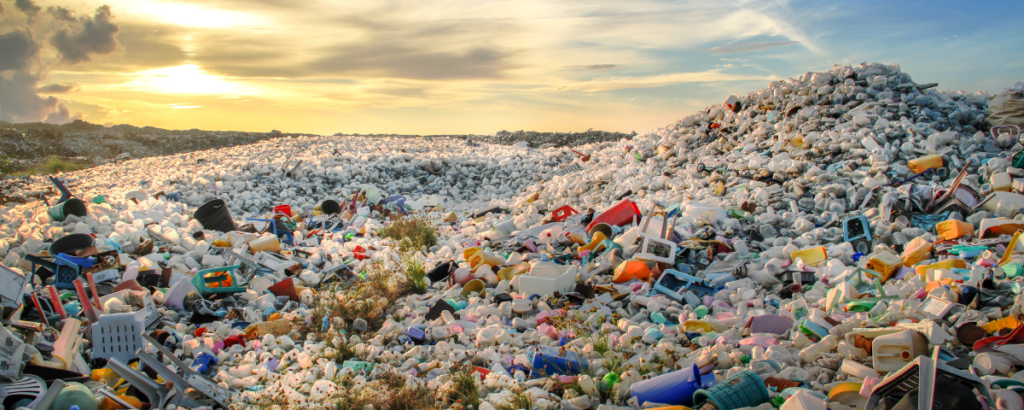
From waste to resources: filtration systems for water recovery in beverage production.
Water is a fundamental element in beverage production, used in large quantities throughout various processing stages. However, water use inevitably leads to wastewater generation, which, if not properly managed, can have negative environmental impacts. Fortunately, modern filtration systems enable water recovery, transforming it into a valuable resource for beverage production. In this article, we will explore the importance of filtration systems in the beverage industry, how they contribute to water recovery, and their impact on the environment and production efficiency.
The Importance of Water in Beverage Production
Water is an essential ingredient in almost all beverages, from juice production to soft drinks and beer. In many cases, it is also the primary component of the beverage itself. Throughout the production process, water is used in various stages, including cooling, equipment cleaning, and raw material preparation. However, if not properly treated, used water can become contaminated with bacteria, chemicals, or impurities, requiring adequate treatment before reuse.
Wastewater and Water Treatment in the Beverage Industry
Water used in beverage production often contains contaminants and impurities that must be removed to prevent damage to the production process and ensure compliance with quality standards. This is where filtration systems play a crucial role. These systems help separate solid particles, bacteria, chemical residues, and other impurities from water. As a result, they not only improve water quality but also optimize production efficiency and reduce operational costs.
How Filtration Systems Work
Filtration systems for water recovery in beverage production are designed to purify water using various technologies. Some of the main filtration methods include:
•Reverse Osmosis Filtration: This system uses a semipermeable membrane to separate impurities from water. It is particularly effective in removing salts, heavy metals, and microorganisms, making water suitable for reuse.
•Mechanical Filtration: This method uses physical filters, such as sand, activated carbon, or special cartridges, to remove solid particles and other impurities. It is a simple and cost-effective method often used in preliminary purification stages.
•Chemical Filtration: This process employs chemicals to neutralize or remove harmful substances in water, such as organic contaminants or bacteria. It is often combined with other filtration methods for optimal results.
The Benefits of Filtration Systems for Water Recovery
Implementing an effective filtration system for water recovery offers numerous advantages for beverage companies. Some key benefits include:
•Lower Operational Costs: Reusing treated water reduces expenses associated with purchasing potable water. In a water-intensive industry, this can lead to significant savings.
•Improved Product Quality: Purified, impurity-free water ensures that the final beverage maintains high-quality standards, meeting safety and hygiene regulations.
•Environmental Sustainability: Water recovery and purification reduce the need for new water resources, helping preserve the environment and minimize the industry’s ecological impact.
•Optimized Production Processes: Efficiently purified water enhances product stability and consistency, reducing waste and increasing overall productivity.
The Importance of Sustainability in the Beverage Industry
In recent years, sustainability has become a central focus for companies in the beverage sector. Water recovery through filtration systems not only improves operational efficiency but also supports the growing demand for environmentally responsible business practices. Companies adopting technologies that reduce water consumption and pollution contribute to greener, more sustainable production while meeting the expectations of environmentally conscious consumers and regulatory authorities.
Innovations in Filtration Systems for the Beverage Sector
Today, the beverage industry is facing new challenges and opportunities in technological innovation. Filtration systems are evolving to meet increasingly complex demands and ensure more effective water treatment. Emerging innovations include:
•Smart Filtration Systems: These systems feature advanced sensors that continuously monitor water quality and automatically adjust filtration parameters for optimal results.
•Low-Energy Filtration: New technologies aim to reduce the energy consumption of filtration systems, optimizing operational costs and minimizing environmental impact.
•Resource Recovery: Some advanced systems not only purify water but also enable the recovery of byproducts or valuable resources, such as salts or minerals, which can be used for other industrial purposes.
Conclusion: The Importance of Choosing the Right Filtration System
Water management is one of the most critical aspects of beverage production, and adopting advanced filtration systems plays a key role in improving quality, reducing costs, and promoting sustainability. Companies investing in these technologies not only enhance their production processes but also contribute to a greener and more responsible future.
If water management is a priority for your company, explore the innovative solutions that filtration systems can offer. Don’t forget to visit our blog for more insights on this topic and to engage with us!



